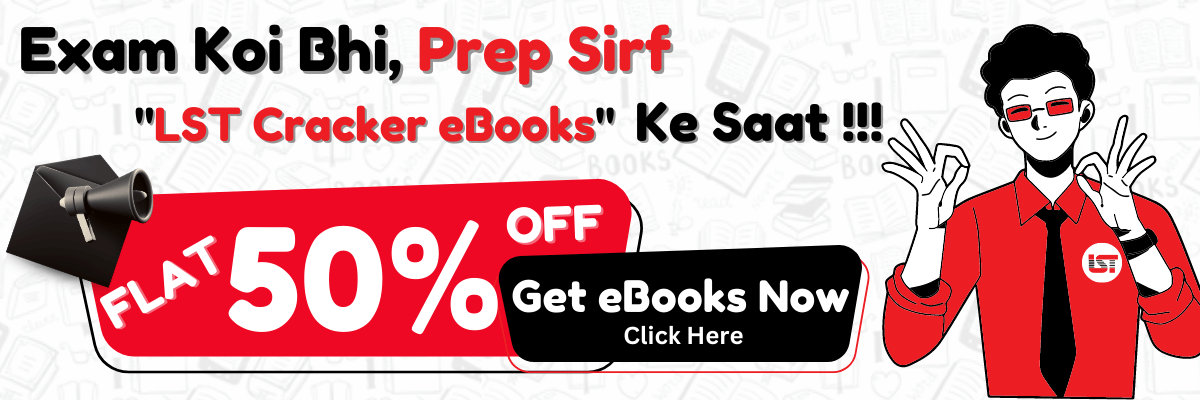Polity questions for UPSC and SSC:
Q–1 Consider the following statements. The Indian constitution is
(1) an unwritten constitution
(2) a written constitution
(3) largely based on the Government of India Act, 1935.
(4) a gift of British parliament
Select the correct statement given above
(A) 2 and 4
(B) 2 and 3
(C) 1 and 4
(D) 1 and 3
You may also like:- Making of constitution
Q–2 Which of the following statements regarding the constituent assembly are true?
(1) It was based on Adult franchise.
(2) It resulted from direct elections.
(3) It was a multi–party body.
(4) It worked through serial committees.
Select correct statements given above
(A) 1 and 4
(B) 2 and 3
(C) only 4
(D) 3 and 4.
Q –3 Respect for National flag and the National Anthem is
(A) a fundamental right of every citizen.
(B) a fundamental duty of every citizen.
(C) a directive principle of state policy.
(D) an ordinary duty of every citizen.
Q–4 Which of the following pairs is not correctly matched
(A) Writ of habeas corpus – is available against a private individual also.
(B) Writ of quo warrantor – is issued to the public authority and a person who has who has assumed as a public authority.
(C) Writ of Mandamus – is an order of the court directing a public authority to perform its duty.
(D) Writ of prohibition – is issued to the lower court to prevent it from passing any order.
You may also like:- Polity MCQ for practice
Q–5 Which one of the following pairs is NOT correctly matched?
(A) Right to equality – include the principle of natural justice.
(B) Right to personal liberty – includes right to livelihood
(C) Protections available to an accused person – includes protection against enpost facto laws in civil matters.
(D) Protections available to an accused person – includes right to consult and to be defended by legal practitioner of one’s choice.
Q–6 What is the source of legal authority in India?
(A) People of India.
(B) Constitution of India.
(C) Parliament of India.
(D) President of India.
Q –7 A retired judge of a High court CANNOT
(A) practice in the supreme court.
(B) practice in any High court in India.
(C) practice in the High court from where he has retired.
(D) practice in any court of India.
Q –8 The Supreme Court does not have original jurisdiction regarding a dispute between
(A) the Government of India and a state or states
(B) the Government of India and one state on one side and one or more state on the other side.
(C) two states.
(D) a citizen and a state
Q –9 Which of the following statement given below is/are true.
(1) The rule making power of the Supreme Court is not subject to any law made by parliament of India.
(2) only an impartial and independent judiciary can protect the rights of the individual without fear or favor.
Which of the following statement given above are correct.
(A) only 1
(B) only 2
(C) Both 1 and 2
(D) Neither 1 nor 2.
You may also like :-Polity strategy
Q–10 A member of the state public service commission can be removed on the ground of misbehaviour only after an inquiry has been held by
(1) joint parliamentary committee.
(2) the supreme court of India.
(3) the high court of the concerned state.
(4) a committee constituted by the Governor of the state.
Which of the following statements given above is/are correct.
(A) 1, 2 and 3
(B) 3 and 4
(C) 4 only
(D) All of the above.
Q –11 Law declared by the supreme court shall be binding on all the courts within the territory of India. Here court means
(1) all courts including the Supreme court of India.
(2) all courts except the Supreme courts of India.
(3) all courts not including the larger bench of Supreme court.
Select correct statements
(A) 1 only
(B) 1, 2 and 3
(C) 2 only
(D) 1 and 3
Q–12 Consider the following statements regarding the National Human rights commission of India.
(1) NHRC, chairman must be retired chief justice of India.
(2) It has formations in each state as state Human rights commission.
(3) Its powers are only recommendatory in nature.
(4) It is mandatory to appoint a woman as a member of the commission.
Which of the above statements are correct
(A) Only 1 and 2.
(B) 3 and 4.
(C) 2, 3 and 4
(D) All of the above.
Q –13 The child labor (prohibition and regulation) Act 1986 was legislated to implement the provisions of
(A) Article 2 3
(B) Article 2 4
(C) Article 2 1
(D) All the above
Q –14 The UPSC derives its function from which of the following sources?
(1) Constitution
(2) Parliamentary laws
(3) Executive rules and orders
(4) Conventions and Acts.
Codes
(A) 1 and 2
(B) 3 and 4
(C) All of the above
(D) None of the above
Q –15 Consider the following statements regarding Central Administrative Tribunal.
(1) It was established under the Administrative tribunal Act (CAT).
(2) This Act owes its origin to Article 323 of the constitution.
(3) Its objective is provide speedy and inexpensive justice to the aggrieved civil servant.
(4) Its member are drawn from both judicial and administrative streams.
Select correct statements given above
(A) 1 and 4
(B) 1, 3 and 4
(C) 2 and 4
(D) All correct.
Solutions to Polity questions for UPSC and SSC with Explanations
- Ans– (B)explanation– Indian constitution is a written document containing 395 Articles 12 schedules. Most of its feature has been incorporated from Govt. of India Act 1935.
- Ans– (D)explanation– Constituent Assembly was set up in Nov 1946 as per the cabinet mission plan of 1946. The members of Assembly were elected indirectly by the provincial assembly.
- Ans– (B)explanation– Article 51A of the constitution lays down fundamental duties.
- Ans– (C)explanation– a writ of prohibition is a judicial order to the agencies constitutional, statutory or non stautory from continuing their proceeding in excess or abuse of jurisdiction or in violation of the principles of nature justice or in contravention of the law of the land.
- Ans– (B)explanation– No person shall be convicted of any offence except for violation of law in force at the time of commission of the act charged as an offence, nor be subjected to a penalty greater than that which might have been inflicted than under the law in force at the time of commission of offence. Article 20(1) is a en post facto law the is not available to a trial or a civil liability or preventive detention case.
- Ans– (B)explanation– Constitution is the source of all the Rules and regulation in India. Every legal authority functions under the domain of constitution.
- Ans– (C)explanation– Constitution clearly prohibited under Article 220, that a permanent judge of the High Court shall not plead or act in any Court or before any authority in India except the supreme Court and other High Courts.
- Ans– (D)explanation– Article 31 speaks about original jurisdiction of Supreme Court.
- Ans– (B)explanation– The rule making power of the Supreme Court is subject to the law made by parliament according to Article 145 clause (1). Statement 2 is correct only because independence of judiciary is declared in basic structure of the constitution.
- Ans– (C)explanation– under article 317(1), Chairman and member of the public service commission can be removed by the order of the president on the ground of misbehaviour after the inquiry held in accordance with procedure on the reference of supreme court.
- Ans– (C)explanation– The Supreme court of India is not bound by its decisions.
- Ans– (D)explanation– NHRC, Act 1993 explain the power composition and function of NHRC.
- Ans– (B)explanation– Article 24 strictly prohibited child labour below the age of 14 years.
- Ans– (C)explanation– Article 315 to 323 is exclusively deals with public service commission beside constitutional provision there is Act, and direction of Parliament and courts that motivates UPSC.
- Ans– (B)explanation– This CAT is a constitutional body. Its provision is mention under Article 323 A 323 under part XVIA added by constitutional amendment 42rdin 1976.
Thank you and all the best to all of you.
For more updates and topics for UPSC , SSC and Bank see here.
Attempt Free Mock Tests & Get Free eBooks










